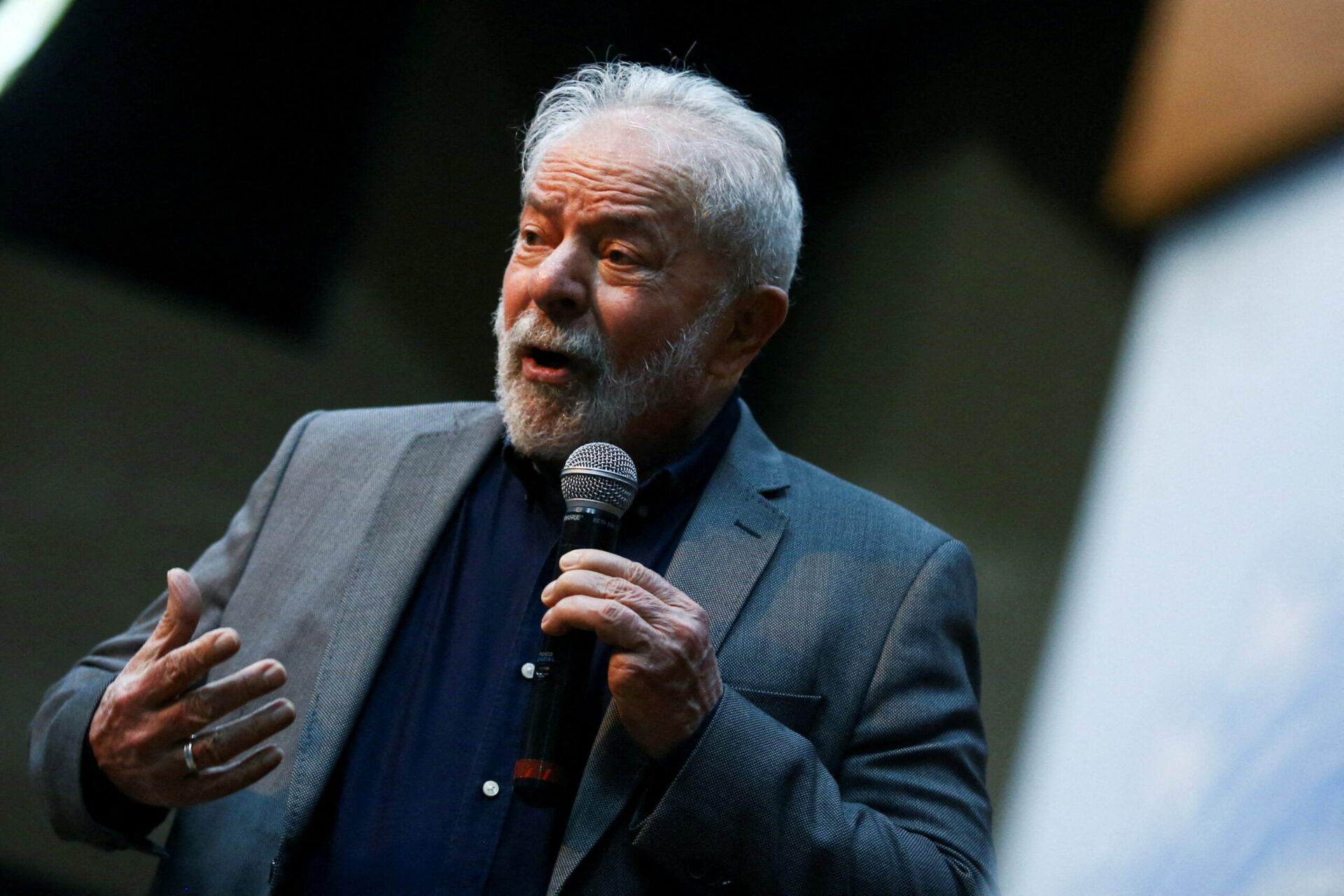The documentary “Amigo Secreto”, which will premiere this Monday (13/6) and will formally hit theaters on Thursday (16/6), had a bombastic excerpt revealed by the newspaper Folha de S. Paulo.
Directed by Maria Augusta Ramos, who made “O Processo”, about the impeachment of Dilma Rousseff, the film addresses the backstage of Operation Car Wash with complaints against the task force’s prosecutors.
The material provided by Folha are statements made by one of Lava-Jato’s main whistleblowers, former Odebrecht executive Alexandrino Alencar. In his testimony for the film, he says he was pressured by prosecutors to involve Lula in his plea bargain.
It is the first time that a whistleblower of the operation has made this type of statement publicly, although alleged abuses have been insinuated and addressed in STF decisions.
Appointed as a link between Odebrecht and the PT, Alencar said that the former president was “the main target” of the investigators. “It was pressure on us”, says the former executive in the feature film. “And it was clear that the issue was with Lula.”
The interrogators, according to him, insisted on questions about “Lula’s brother, Lula’s son, I don’t know what about Lula, Lula’s lectures [the contractor hired the former president to speak at various events]”.
“We used to take the black ball, ‘ah, you didn’t say enough. Back and forth, back and forth. ‘Otherwise [the interrogators said], we won’t accept your agreement”, added Alencar.
The statements coincide with reports published at the time of Lava Jato, which said that the Federal Prosecutor’s Office was reluctant to accept the then executive’s denunciation because he did not mention politicians in his revelations.
According to Alencar, only after agreeing to talk about Lula did the investigators agree to sign the plea bargain agreement with him.
Among other things, Alexandrino detailed in his testimonies the contractor’s expenses with the work on Lula’s farm in Atibaia between 2010 and 2011.
“If I said more, I’d be making it up. I’d be telling a lie like some [whistleblowers] who you know, notorious, who lied to try to escape,” he says. “I told the truth. I’ve reached the edge of my truth.”
This truth would have been fundamental for the ex-president to be sentenced in 2019 to 12 years and 11 months in prison for corruption and money laundering, in a process that had Alexandrino Alencar’s denunciation as the main item of accusation.
Presented without further context, the complaint appears serious. But it is important to contextualize to avoid denialism, so in vogue in today’s political polarization.
As relevant as the new statement is to point out, despite the tone of denunciation, Alexandrino Alencar did not deny any of his allegations to Lava-Jato. Information that he only confessed after being pressured to reveal what he knew. All true, according to him.
Alexandrino Alencar also made another denunciation in the film “Amigo Secreto” to strengthen the account of the politicization of Lava-Jato. According to the former executive, people he did not name were exempted from the testimonies when they mentioned the name of Aécio Neves in their statements.
“I won’t say the name of the saint. But there’s a colleague of mine who was arrested in Curitiba, when he got there, people [researchers] started asking about slush funds [funds donated to politicians without official accounting records]. He [Alexandrino’s colleague] ] said: ‘This is for Aécio Neves. When he said it, they [interrogators] got up and released him. Is this Lava Jato? Is this an anti-corruption system? Or is it a directed question?” Alencar.
The former contractor also said that his statement detailed “several cases of slush funds. Infinite”. However, no other named politician has been indicted. “Nothing happened to anyone. It happened to me. Nothing happened to them [politicians].
For this reason, Alencar says he is convinced that he was arrested only because the objective of Lava Jato was to get to Lula.
“The way they did it… How did Alexandrino come up with that? They start monitoring me, tapping my phone, Lula’s phone”, he says.
He recalled that former Petrobras director Paulo Roberto Roberto Costa and money changer Alberto Youssef made accusations in jail, citing him as the Odebrecht executive who would be the operator of the contractor’s kickbacks. As a result, Alexandrino’s arrest was changed from temporary to preventive, with no date for his release, which generated pressure for him to cooperate.
“As simple as that”, sums up the former executive in the film.
Again, it is necessary to know the context.
To begin with, only those who were pre-trial detained made plea bargains. As soon as this practice was barred by the STF, lawyers advised their clients to remain silent and wait for the legal term of temporary detention to expire. It was the end of the whistleblowers.
In addition, after Lula’s arrest, the Bolsonaro government, the Attorney General’s Office, and the Federal Congress also worked to change laws, end the task force and move several pieces of the Federal Police’s board, which made investigations into other politicians difficult. . This answers another question raised by Alexandrino Alencar about the impunity of the other accused.
In 2016, Alexandrino Alencar was sentenced by Moro to 13 years and six months in prison, for the crimes of money laundering and active corruption. With the agreement and payment of fines, the time was reduced to 6 years and six months.
He has already served a year in a closed regime, two and a half years in a semi-open regime, and now he does the rest in an open regime. You can leave the house normally on weekdays, without an ankle bracelet. But it is forbidden to go out on the streets on weekends.
His sentence remains in force, despite the STF having extinguished Lula’s trials, in a Kafkaesque paradox that uses the expression “delimitation of judgment” to justify itself.
The suspension of sentences against Lula took place in sessions marked by speeches by minister judges with citations to the leaking of messages from Lava-Jato prosecutors, which were obtained by a hacker. Considered illegal and prohibited from being used in courts by the Criminal Processing Code, they served for the STF to “demonstrate” (verb used in a court vote) examples that led former judge Sergio Moro to be considered a suspect in the trial of the former president.
The film by Maria Augusta Ramos, co-produced and distributed by Vitrine Filmes, focuses mainly on these messages. He reports the routine of journalists Leandro Demori, from The Intercept Brasil website, and Carla Jiménez, Regiane Oliveira, and Marina Rossi, from El País Brasil, in covering leaked messages from Lava-Jato members. The reports on the material became known as the Vaza-Jato scandal, in 2019.
Maria Augusta Ramos has directed a dozen documentaries, some of them internationally awarded, such as “Justiça” (2004), “Juízo” (2007), and “O Processo” (2018), to name three that focus on Brazil from the point of view of its elitist legal environment.




GIPHY App Key not set. Please check settings